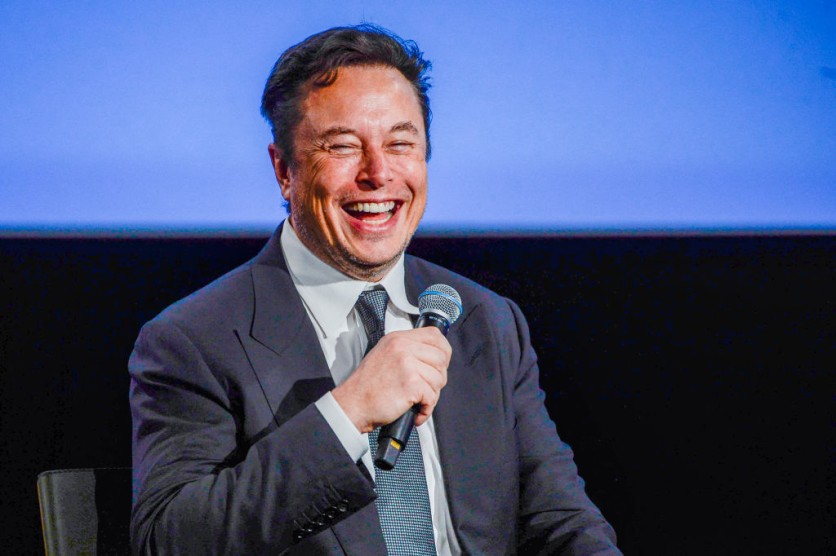During a Twitter Spaces conversation with Ford CEO Jim Farley, Elon Musk hinted at the possibility of Tesla sharing its automotive operating system code with other automakers, reported first by TechCrunch.
Musk drew a comparison to Android's impact on the phone industry as a general standard and suggested that Tesla might consider open-sourcing more code.
This potential move would place Tesla in competition with tech giants like Google and Apple, who have developed their own automotive operating systems.

Tesla's Agreement with Ford
The discussion arose when Farley expressed the challenges of creating a "fully software-updatable vehicle." Musk responded by offering Tesla's assistance on the software front.
This Twitter Spaces session was also used to announce a significant agreement between Tesla and Ford. Under the deal, Ford's electric vehicle customers would gain access to Tesla's Supercharging network in the United States and Canada.
Additionally, Ford has made a commitment to integrate Tesla's charging port into its forthcoming second-generation electric vehicles, set to debut in 2025.
During live events, Elon Musk frequently discusses ideas for Tesla, with some eventually coming to reality while others do not. If Tesla were to expand its over-the-air updatable software to encompass other vehicles, it would directly challenge Google and Apple in the car operating system market.
Automakers have the option to utilize Google's Android Automotive OS, which is derived from its open-source mobile operating system and tailored for automotive applications.
Apple has also ventured into the operating system market by introducing its next-generation CarPlay, intended to power all aspects of a vehicle's instrument cluster.
Both Apple and Google provide middleware solutions, namely Apple CarPlay and Android Auto, which enable seamless integration between users' smartphones and car infotainment systems.
Moreover, Musk and Farley alluded to potential future partnerships, including the exploration of collaborations within the supply chain domain, as they engaged in their discussion.
Read Also : Twitter to Continue Experimenting Spaces for Political Forums, Following DeSantis' Campaign Fiasco
Scarcity of Entrepreneurs
During the conversation, Jim Farley raised inquiries regarding Tesla's newly established Corpus Christi lithium refining facility. Ford had recently finalized agreements with Albemarle and SQM to secure a stable supply of lithium for its electric vehicles.
In response, Musk reiterated his concerns about the scarcity of entrepreneurs in the US who focus on mining and processing raw materials.
He expressed hope that Tesla would not have to shoulder this responsibility alone. Musk highlighted the presence of Tesla's existing nickel-based cathode refinery in Austin and the potential for involvement in anode manufacturing, although he expressed a preference to avoid it if possible.
Additionally, he emphasized the expected substantial demand for synthetic graphite, a critical component in lithium-ion anodes.
The conversation between Elon Musk and Jim Farley provided insights into Tesla's potential plans to share its automotive operating system code and hinted at future collaborations. As with any ideas put forth by Musk, time will tell if these concepts will become a reality in the ever-evolving automotive industry.

ⓒ 2026 TECHTIMES.com All rights reserved. Do not reproduce without permission.




